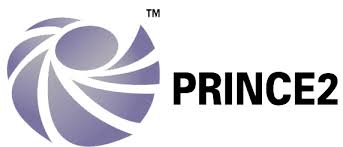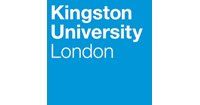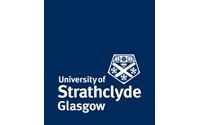Day 1:
Introduction to Talent, Rotation, and Succession Management
Understanding the fundamentals of talent management: key concepts and definitions
Exploring the connection between talent management and organizational strategy
The importance of talent rotation in employee development and business agility
Key considerations in succession management: identifying future leaders
Day 2:
Designing Talent Rotation Programs
Frameworks and best practices for creating talent rotation strategies
Aligning rotation programs with business objectives and career development goals
How to assess the effectiveness of talent rotation programs
Overcoming common challenges in implementing rotation initiatives
Day 3:
Building a Succession Management Framework
The role of succession planning in organizational stability
Identifying and assessing high-potential talent for leadership roles
Developing criteria and tools for succession assessments
Integrating succession planning with organizational culture and leadership values
Day 4:
Data-Driven Approaches to Talent and Succession Management
Using performance data and analytics in talent assessment and succession planning
Aligning talent pipelines with future organizational needs
Utilizing 360-degree feedback and other assessment tools in succession management
The role of mentorship and coaching in preparing future leaders
Day 5:
Managing Challenges and Ensuring Sustainability
Strategies for managing resistance to talent rotation and succession initiatives
Building a sustainable talent and succession management framework
Creating a culture of continuous leadership development
Final assessment: Designing a talent rotation and succession plan for your organization























































